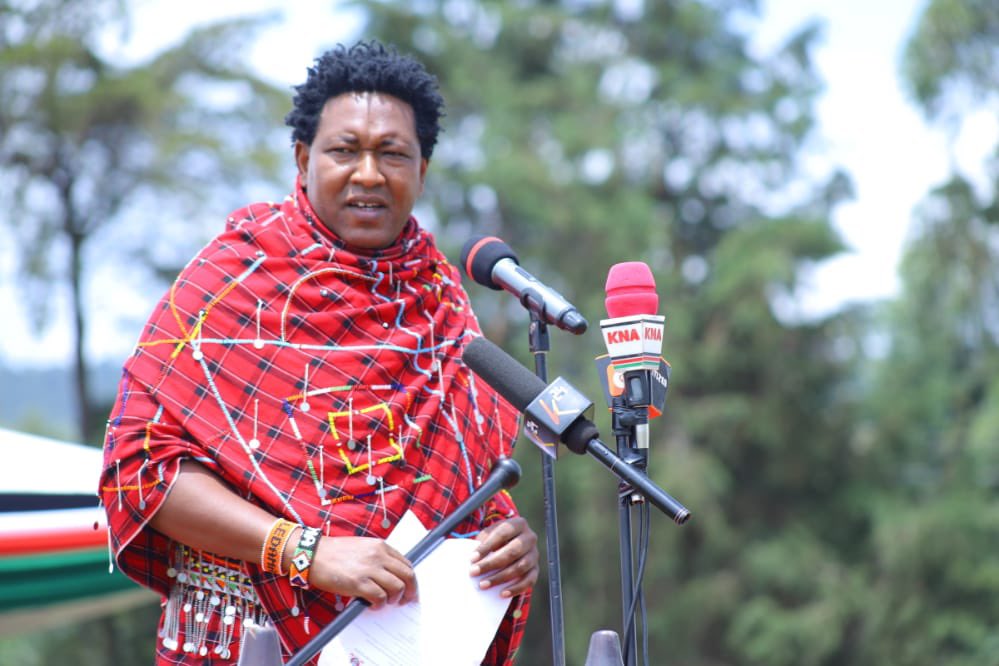World Bank urges two-year freeze on public hiring to rein in wage bill

The World Bank wants public sector employment frozen for two years to curb the ballooning wage bill, which poses a threat to economic stability.
This drastic measure aims at lowering public expenditures and redirecting limited resources toward critical development priorities such as infrastructure, education, and healthcare.
Kenya National Bureau of Statistics reported in the 2025 Economic Survey that last year, the public wage bill hit Ksh881.4 billion, up from Ksh832.7 billion in 2023.
Government jobs remain significantly attractive due to job security and attractive allowances.
In an advisory World Bank indicated that public sector workers earn more than their private sector counterparts when accounting for remunerative allowances.
Review compensation
In 2015, the public sector wage premium was estimated at 50 per cent relative to the private sector.
By education level, the bank said public employees with secondary education earned 18 per cent more, and those with tertiary education earned 15 per cent more than their private sector peers.
It cautioned that this data reflects an over-concentration of highly educated workers in the public sector, which could affect the private labour market.
By adopting a temporary hiring freeze, the advisory explained that the move would allow the government to review the compensation structures and assess the efficient allocation of existing civil servants.
World Bank explained that, as a significant number of civil servants will retire in the coming years, there will also be an opportunity for the government to reassess staff allocations across institutions.
“Alongside other savings, some roles can be automated to reduce the number of staff in routine administrative roles. In turn, this can allow for staff numbers to be increased in service delivery roles in health, education, or better water management in a context of growing climate impacts, enabling service delivery improvements in a fiscally neutral way,” the Fiscal Policy for Growth and Jobs released by the World Bank reads.
The global lender said that the rigorous exercise to redeploy skills across the civil service, both at the national and county levels of government, should be undertaken rather than prioritising new hires.
However, the Bank singled out certain priority sectors with growing staffing needs, such as education, that need to be exempted from the freeze.
Additionally, the document recommended full implementation of the Human Resource Information System by the Ministry of Public Service to enhance human resource management and payroll controls.
The advisory also called for the phasing out of the market adjustment component of the current remunerative allowance practice and instead to incorporate the appropriate compensation for skills into the basic salary.
Double compensation
“To address the issue of double compensation, it is recommended that the market adjustment be phased out as initially envisioned while ensuring that the basic salary adequately compensates for the required skills,” the policy stresses.
“Additionally, a comprehensive review of public sector salary structures should be conducted to ensure competitiveness and sustainability, aligning public sector wages closely with the private sector to reduce the wage premium and encourage a balanced distribution of skilled labour.”
World Bank tipped the government that implementing performance-based pay systems can spur productivity and efficiency, while enhancing transparency and accountability through regular audits and reviews will ensure compliance with established guidelines.
The policy observed that while the national government has generally kept the wage bill steady, many county governments struggle to meet the fiscal responsibility targets set by the 2015 Public Finance Management Regulations.
County governments which account for about 22 per cent of total public sector employment, have been the main drivers of public sector employment growth in recent years, with their combined headcount increasing from 178,700 employees in 2018 to about 221,400 in 2023/24 (an increase of 23.9 per cent).
The policy document explained that in the 2023/24 financial year, the aggregate ratio of the wage bill to revenue for county governments—that is, equitable share plus own-source revenue (excluding that from natural extractives)—was about 44.2 per cent.
However, only six out of 47 counties met or were below, the target ratio of 35 per cent of the total revenue that year, while nine counties had ratios of 50 per cent or more.













